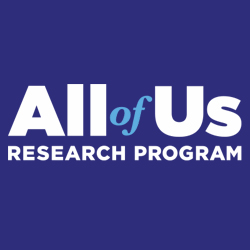The All of Us Research Program at the National Institutes of Health (NIH) has made significant progress since its national launch three years ago, building and providing unprecedented access to a vast and diverse health research databank, reports Andrea H. Ramirez, MD, MS, All of Us senior advisor, and colleagues in the Journal of the American Medical Association.
More than 386,000 adults have consented to be part of the initiative, with 278,000 adults completing all core initial steps of the program, including answering surveys, allowing access to electronic health records, and sharing biosamples. The program has placed high priority on engaging diverse populations. As a result, more than 80% of participants come from communities that have been historically underrepresented in biomedical research, making the All of Us dataset one of the largest and most diverse of its kind, according to Ramirez.
All of Us aims to advance individualized healthcare by enrolling 1 million or more people in the United States who agree to share data and biosamples for a wide range of research studies.
At the start of the COVID-19 pandemic, the program solicited information from participants through online surveys, assessing early case exposures while temporarily pausing in-person enrollment activities to protect participants and staff. The program has restarted these efforts and has expanded opportunities for participants to provide biosamples in different ways, through saliva kits by mail and partnerships with local laboratories and blood banks.
In November 2020, participants began receiving genetic information, including genetic ancestry and traits. The program will offer information on hereditary disease risks and drug-gene interactions in the next year.
For more information, visit ResearchAllofUs.org.
Edited by Michael Causey



